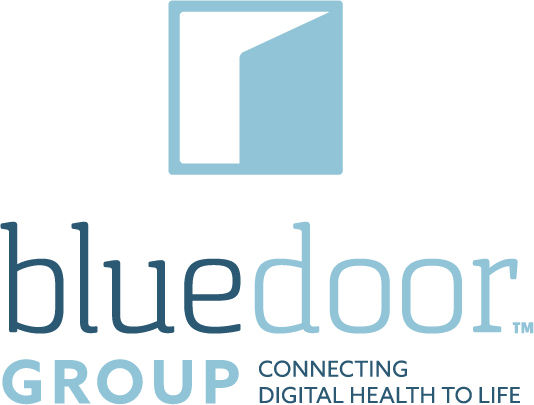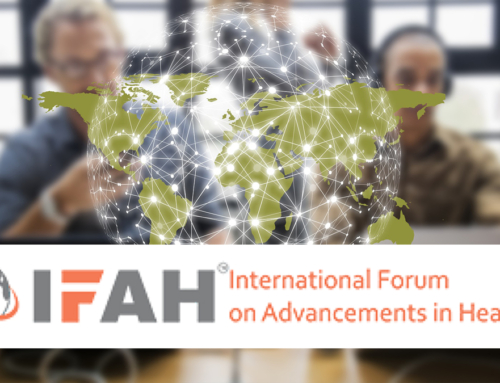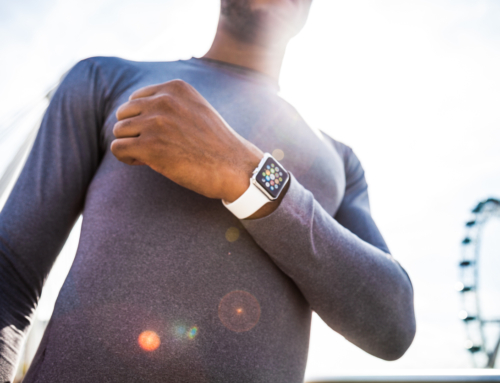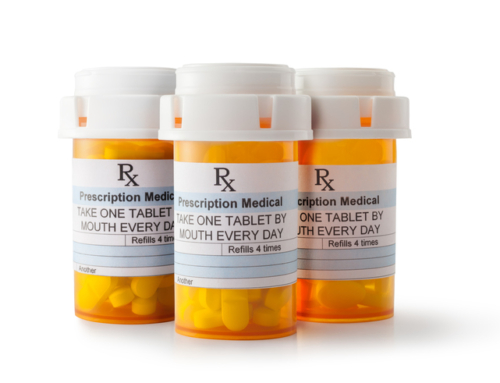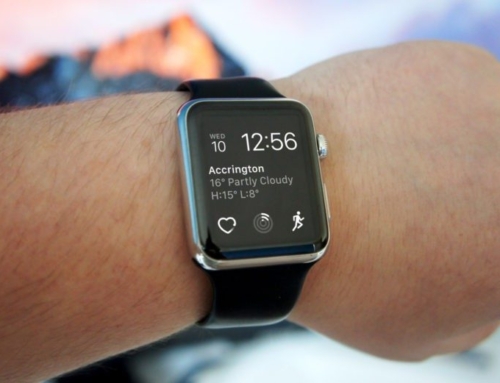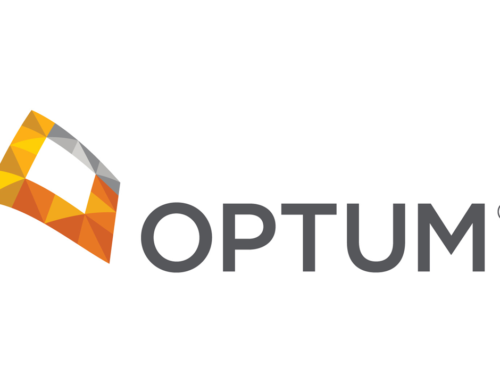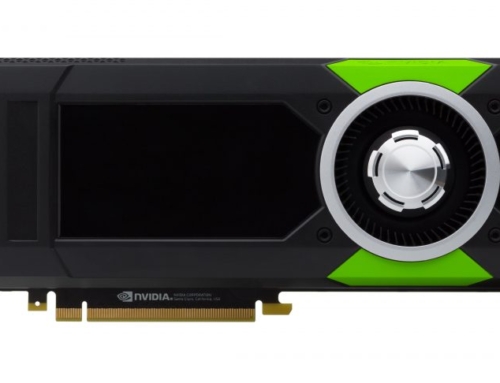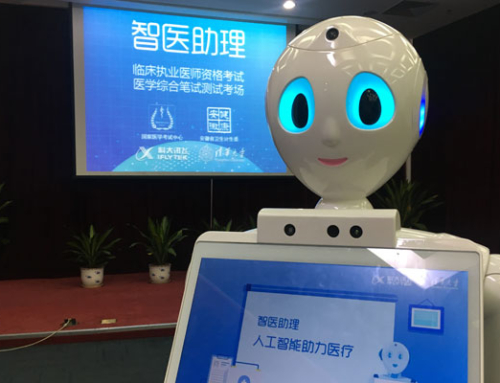By Turna Ray | Jul 26, 2017
NEW YORK (GenomeWeb) – The launch of Helix’s online marketplace of applications this week might signal a new era in consumer genomics, but while developers jump in with a variety of products they hope will entice customers, questions remain as to who those customers will be and whether they’ll regularly engage with these apps.
Among the initial crop of products offering insights into health, family planning, ancestry, fitness, nutrition, and some entertainment, there may not yet be a killer app that’s as indispensable as Uber or as addictive as Pokemon Go. But these first apps will enable Helix and its partners to start to understand the kind of person that’s interested in exploring their DNA data in different contexts and the factors that would spur them to keep returning to that data throughout their lives.
At the Manhattan launch event for Helix’s app store, CEO Robin Thurston noted that anyone who has wondered if he or she is at risk for heart disease, wanted to personalize their workout routine, is thinking about starting a family, and has questioned the ability to process certain foods would find a product of interest. Currently, the online marketplace features products developed by a dozen partners, but according to Thurston, as more come online later this year, Helix will be able to create more detailed user profiles.
Among the first apps in Helix’s store is a streamlined carrier screening product offered by Sema4. While users may not reference such an app as often as they order food through Seamless, for example, Sema4 will be paying close attention when they do. Sema4 CEO Eric Schadt has long been interested in using apps and wearables to collect data — not just genomics but all kinds of data — and model people’s health trajectories, so interventions can be taken early enough to prevent disease.
In launching the CarrierCheck app through Helix, he is particularly interested in whether it can engage consumers and form relationships early on in their healthcare journeys, before pregnancy. “At what point does a woman become interested in this kind of testing? Is it five years before she becomes pregnant, a year before, 10 days before? We don’t know,” said Schadt, who also directs the Institute for Genomics and Multiscale Biology at Mount Sinai’s Icahn School of Medicine.
Mount Sinai Health System last month spun out Sema4 in order to provide its in-house genetic testing on a national scale, and among its many offerings is a carrier screening test for 281 genetic diseases. However, the carrier screening app through Helix provides testing for only 67 conditions and is not recommended for women who are pregnant or trying to become pregnant because it doesn’t test for all the conditions recommended by guidelines.
A woman who is trying to get pregnant should have more comprehensive carrier testing, Schadt said, though there are places around the country where future parents are tested for even fewer conditions than offered through the app. Sema4 wanted to address this gap with education and decided to launch the app to see if it could improve awareness and understanding of genetics and reproductive health risks among consumers.
While there are numerous warnings on the app not to order CarrierCheck and talk to a doctor if a woman is pregnant or thinking about becoming pregnant, Schadt worries that some customers might still make medical decisions based on the more limited panel. “I hope to God we don’t learn five years from now that people were having babies with conditions that could have been caught with a more comprehensive test,” he said, adding that Sema4 has taken every precaution against inappropriate use of the app by involving physicians and offering genetic counseling at no additional cost.
The app is also an opportunity for Sema4 to work out some logistical challenges of providing a service almost entirely electronically. Customers place a test order and are asked to provide health information through the app, which physicians must review and approve before customers can receive their results. Then, if the customer wants genetic counseling, that also must be arranged.
“Doing that workflow electronically and flushing that all out, we hadn’t done that before,” Schadt said. He characterized Helix’s app model as an experiment that Sema4 is going into with eyes wide open, and acknowledged, “We don’t know how receptive consumers are going to be.”
At least in the research setting, Schadt’s experimentation with apps has yielded encouraging results.
In 2015, he launched the Asthma Health app through Apple’s ResearchKit and used it to quickly enroll 9,000 people into a study through which they could submit a variety of data about asthma symptoms, triggers, medications, and fitness. That experience demonstrated that it was possible to enroll a study using an app but also revealed the challenge of keeping people engaged after an initial robust response. And for a variety of reasons, very few people submitted genomic information through the app.
Geisinger Health System is also interested in seeing if they can engage consumers in their DNA data through an app, and later this year will launch through Helix a panel that provides actionable genomic results for serious medical conditions. Because Geisinger’s app will be health focused, it will involve genetic counselors.
“Our focus is to provide innovative patient care,” said Susan Delaney, senior director of precision health and medicine at Geisinger. “If Helix is that entry point for people interacting with their DNA and learning what it means for their health status at any given time, we’re excited to come along, understand that journey, understand what gets people interested in their DNA.”
The integrated healthcare system in Danville, Pennsylvania is running a project called MyCode, where more than 150,000 participants will have their DNA analyzed as part of research aimed at improving care, advancing genetic understanding of diseases, and developing new drugs. According to Delaney, Geisinger partnered with Helix in order to make its expertise in genomically informed care more broadly accessible to consumers.
The type of customer who orders the app may be more motivated than the average patient to understand their health and more willing to share information about themselves and their families, Delaney said, which could present an opportunity to establish a relationship and provide personalized care. “If they want to take that next step through Geisinger, we’re there and ready to continue that journey them,” she said, characterizing Helix’s app marketplace as a science and social experiment. “It’s going to answer a lot of questions about how the healthcare system is utilized, and what people are interested in knowing about themselves.”
Perhaps the biggest unknown for Helix and its partners is how big of a demand there will there be among consumers for genomics-focused products, particularly given the complexity of the information and people’s concerns about privacy and discrimination based on DNA data. Currently, the big players in the consumer genomics space are 23andMe, which boasts more than 2 million customers, and genealogy firm AncestryDNA, which as of April had 4 million members.
Based on the success of these two companies, financial services firm UBS last year estimated that around .04 percent of the global population has taken a consumer genomics test. UBS also surveyed 1,000 people in the US, and 80 percent responded that they were aware of consumer genomics tests, but only 5 percent said they had been tested on their own initiative without a doctor’s recommendation. When asked if they were interested in being tested in the next 12 months, half said they were likely interested or undecided, while the other half said it was unlikely they’d get tested.
As such, analysts are being conservative about Helix’s ability to crack the consumer market. Analyst Puneet Souda from Leerink wrote in a note to investors that while Helix “highlights a massive opportunity in consumer genomics,” the ramp up to critical mass adoption will likely be slow at first. Souda estimated that this year Helix would contribute less than 1 percent in revenues to Illumina, which owns 50 percent of the company. Analysts, on average, expect Illumina to bring in $2.65 billion in revenues for FY 2017.
Based on a number of known and unknown factors, UBS last year also provided a wide range for the potential global opportunity in consumer genomics – between $2 billion and $7 billion per year. However, UBS analyst Jonathan Groberg warned that because the consumer genomics market is so young, these projections may be very off.
He gave the example of the cell phone. In 1980, McKinsey’s researchers considered factors, such as the size of the phone, its cost, and the limited fashion in which affluent consumers were using them, and predicted there would be approximately 900,000 subscribers by the year 2000. It turned out there were 110 million users.
Still, notably, UBS’ report provided some guidance on what it would take for consumer genomics to become a $7 billion market. In that scenario, analysts assumed there would be 80 million users worldwide, each paying $60 per year (or $5 a month) on a subscription basis.
The math articulates what a killer app in genomics must aspire to be. It has to not only be cheap, but so cheap that consumers hardly notice they’re paying for it on an iterative basis, like a Netflix subscription, but they keep using it.
In Helix’s app store, the products focused on fitness, calorie tracking, sleep monitoring, and healthy eating have perhaps the biggest draw for repeat use. But these DNA-focused products will be competing with numerous apps that consumers can download for free or for just a few dollars.
For example, Lose It!, which has an app in Helix’s marketplace, also offers a free calorie tracking app and a premium service that costs $3.33 per month. In comparison, the Lose It! EmbodyDNA app, which offers exercise and food recommendations based on customers’ genetic traits, costs around $110, and this is in addition to the $80 Helix charges for exome analysis. It remains to be seen if consumers will view DNA information as adding value worth the premium price.
Schadt admits that genomics apps haven’t yet reached the price point of a consumer product with mass appeal. Sema4’s CarrierCheck app costs $199. But he believes that with the launch of Helix’s marketplace, the consumer genomics market has reached an inflection point.
“It’s on the path to achieving that more seamless interaction with the consumer,” Schadt said. “It’s this ecosystem we’re all trying to figure out, and we’ll move forward and see what happens, but we definitely didn’t want to be on the outside looking in.”
